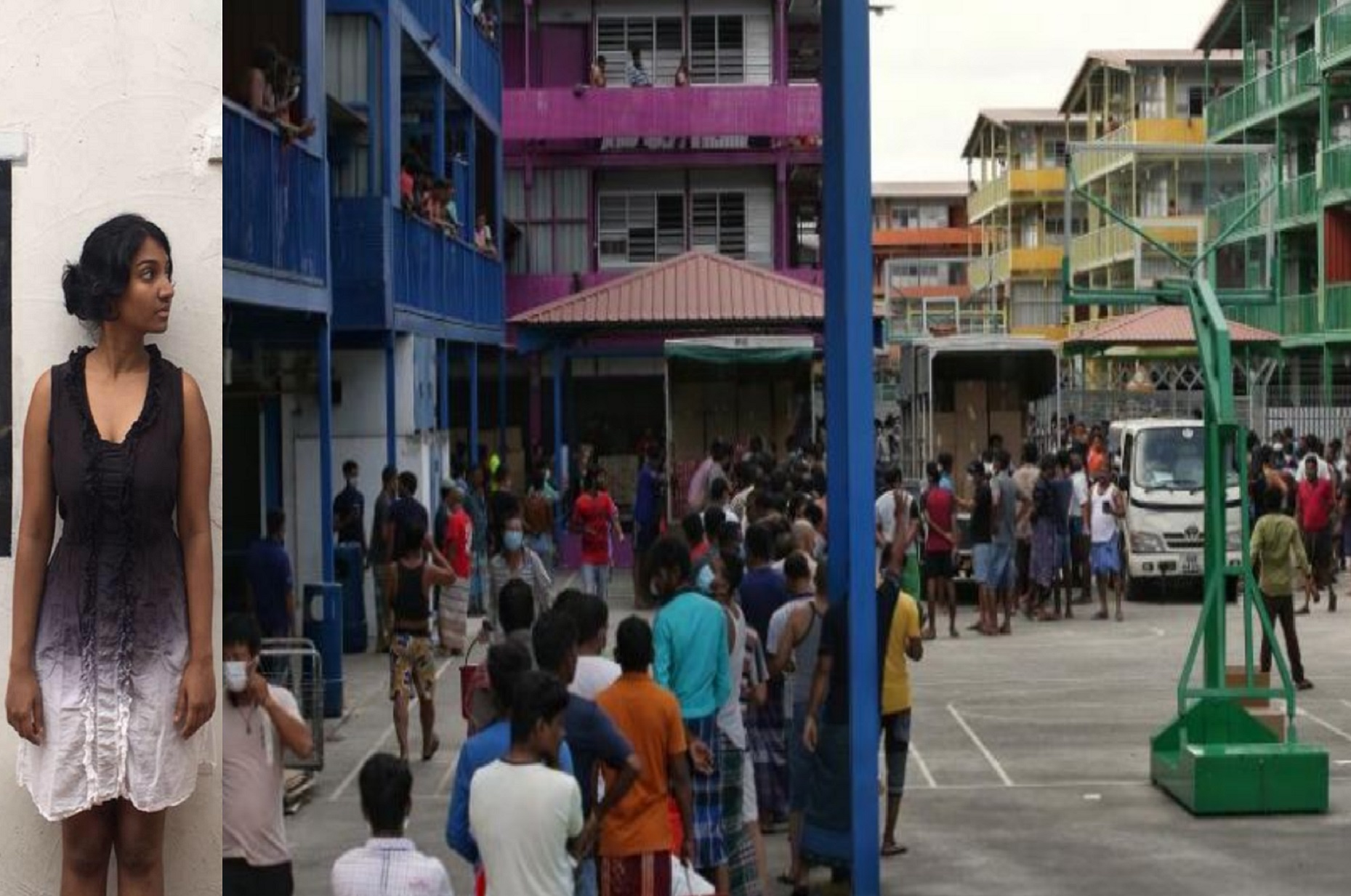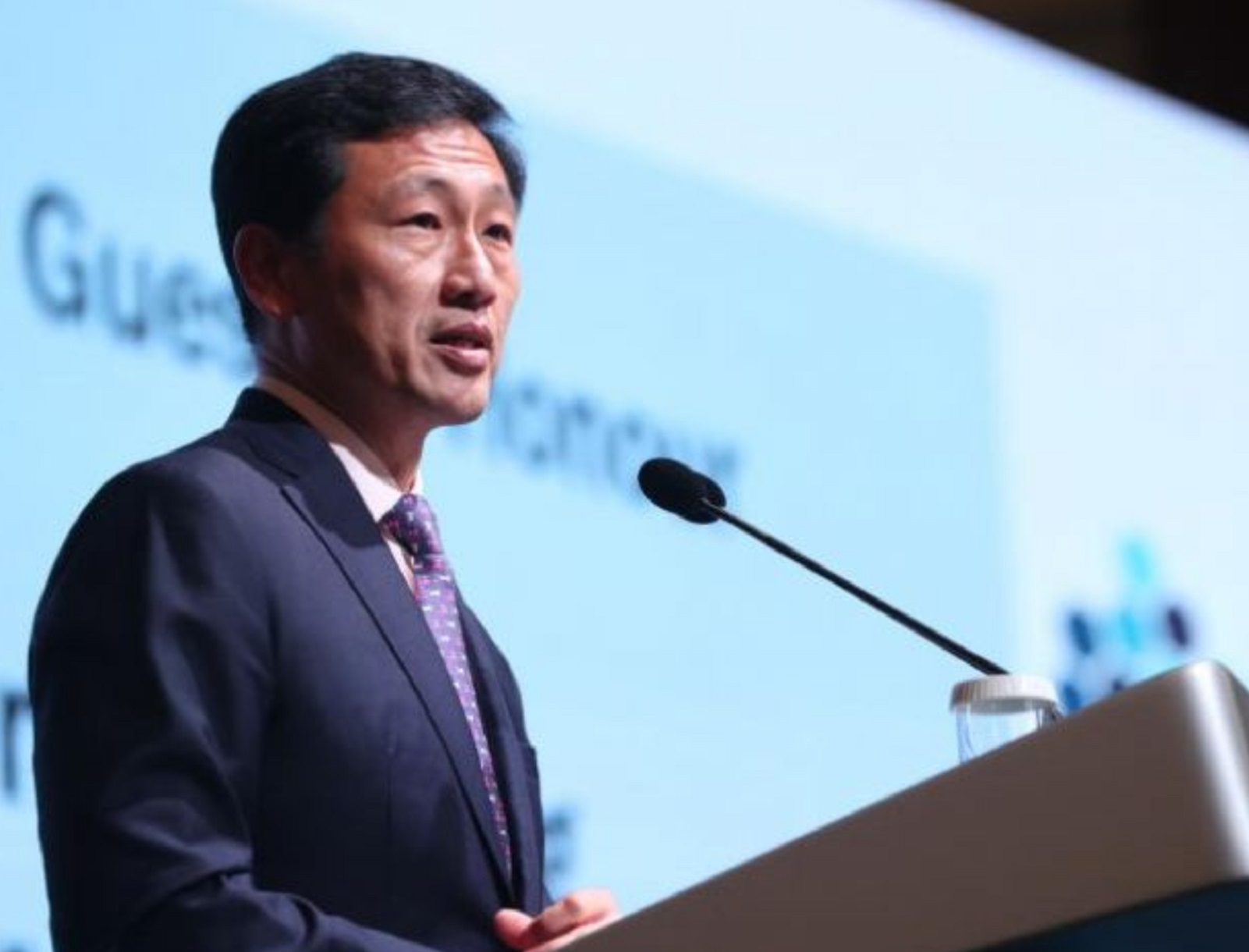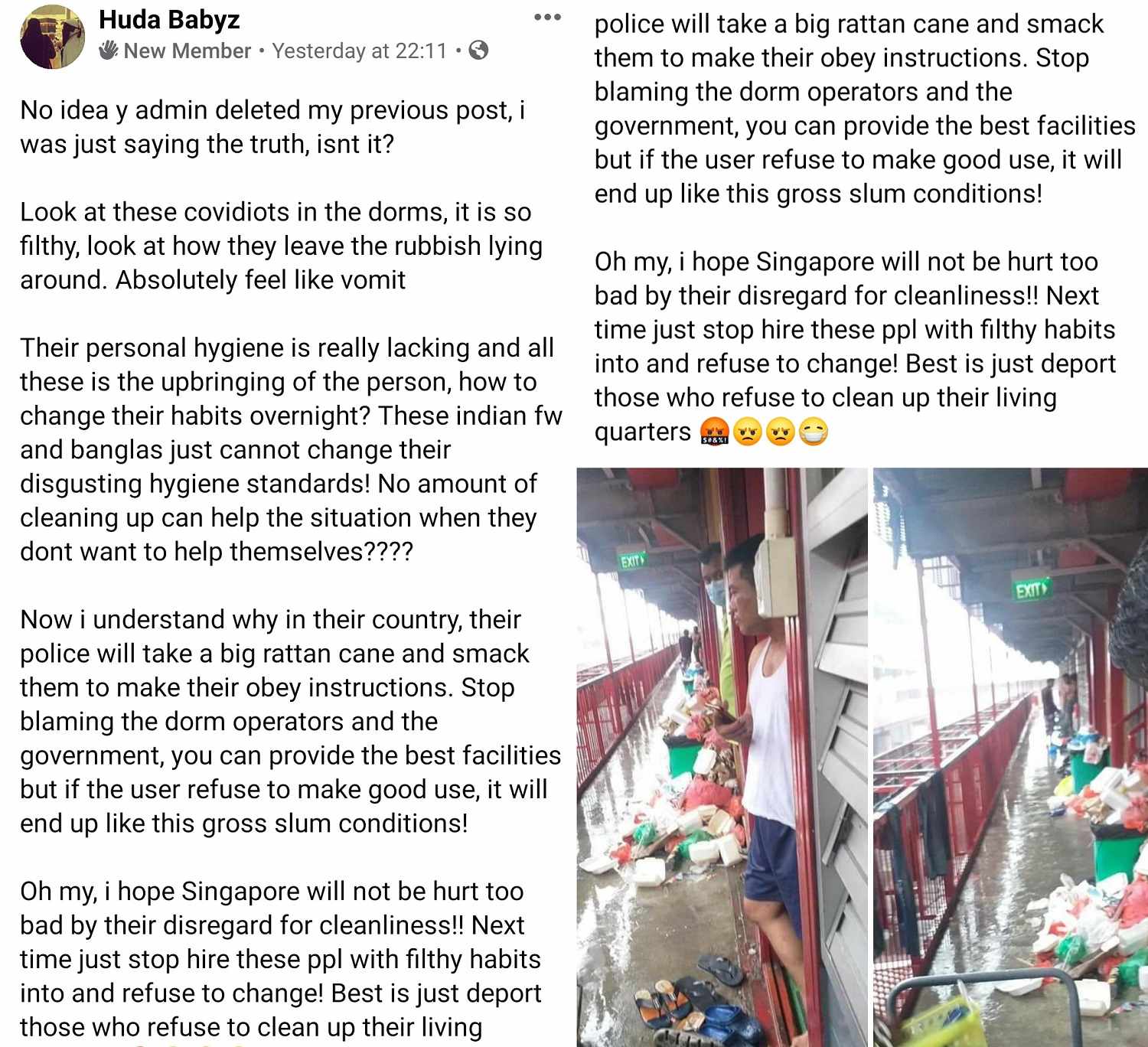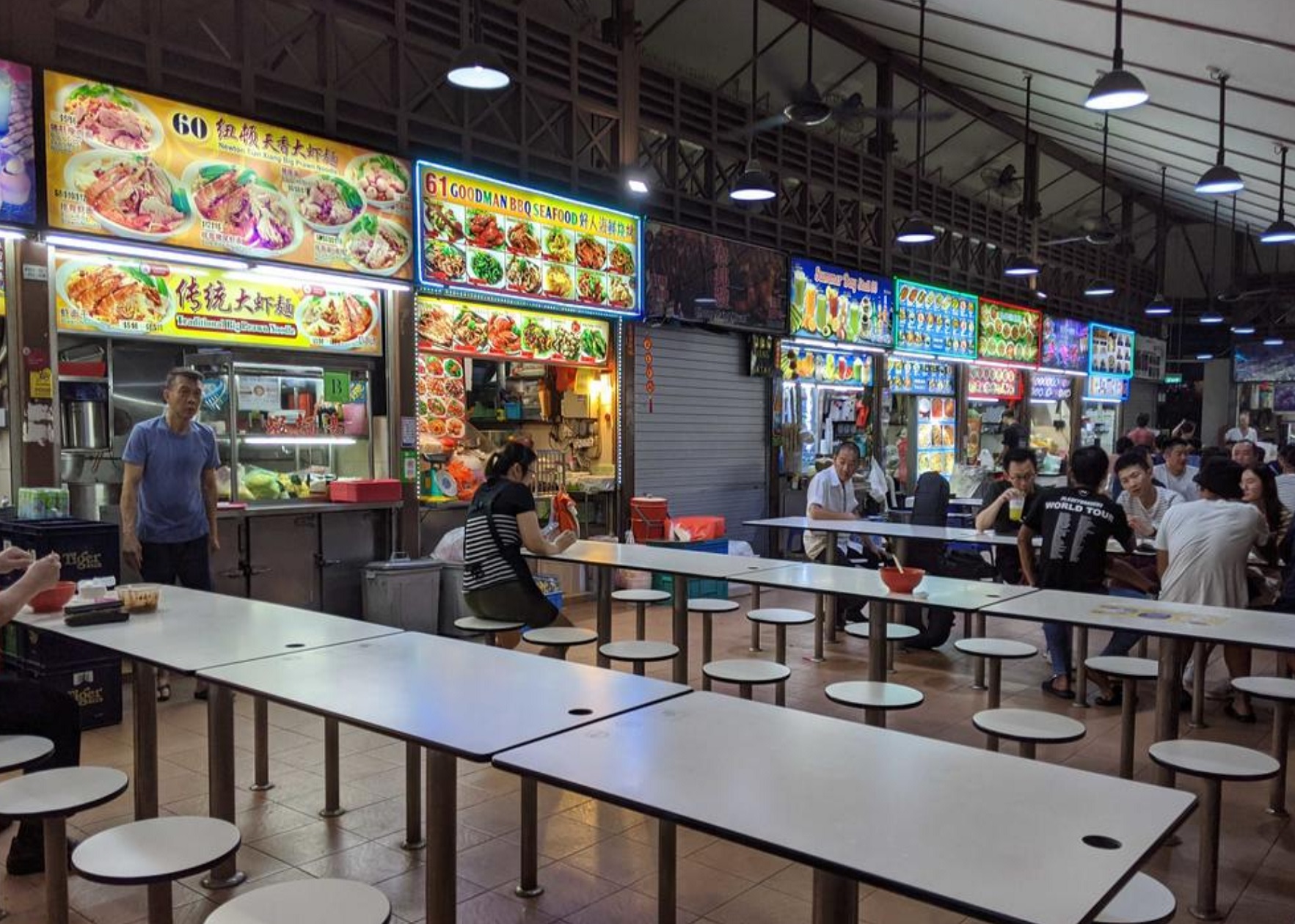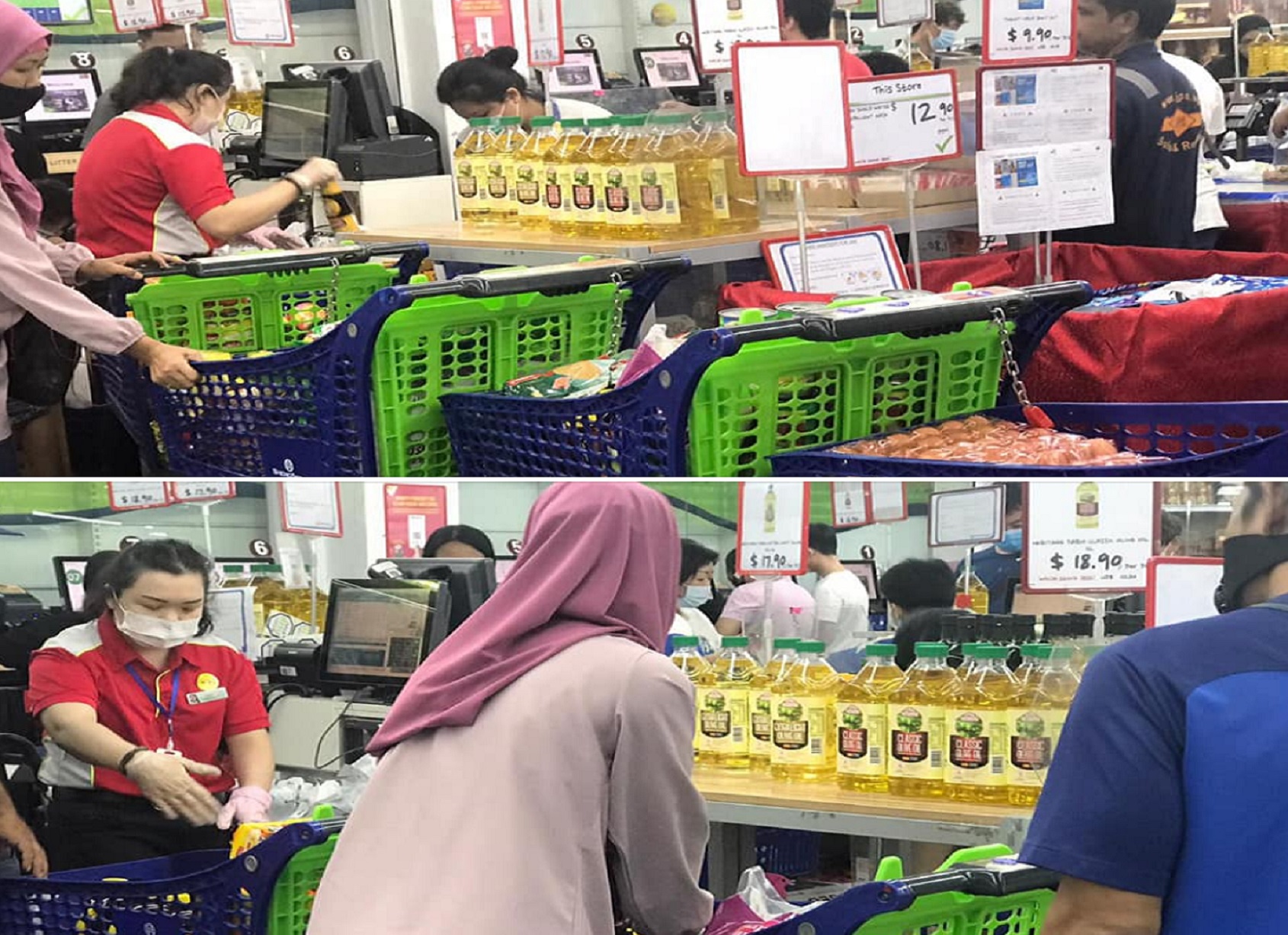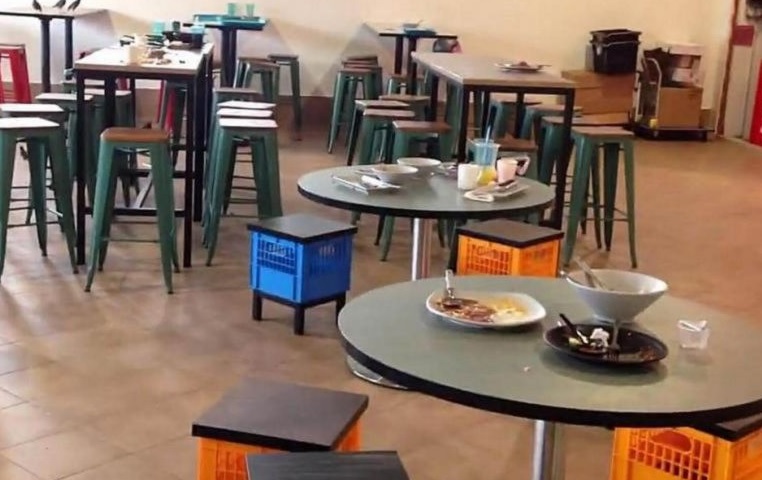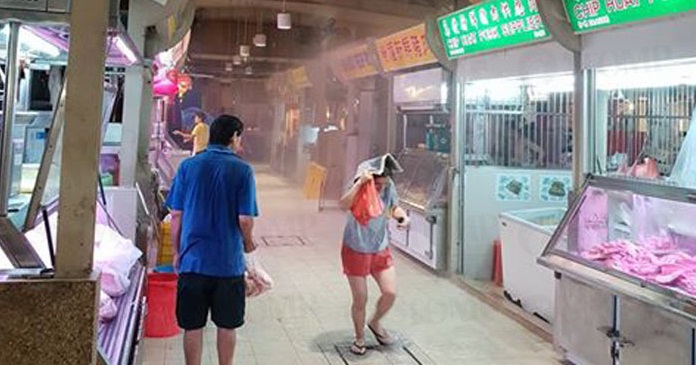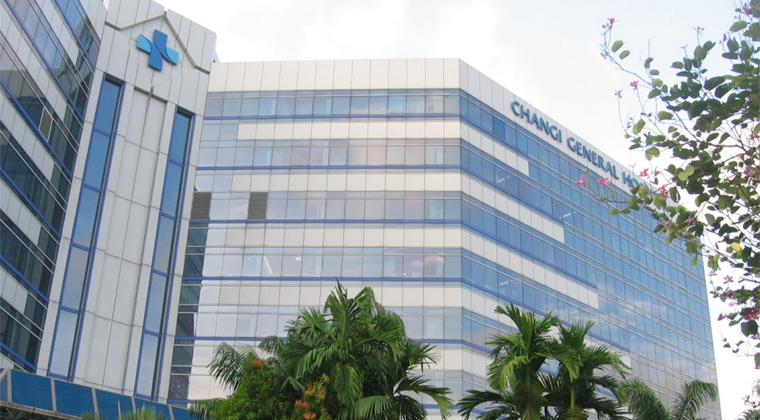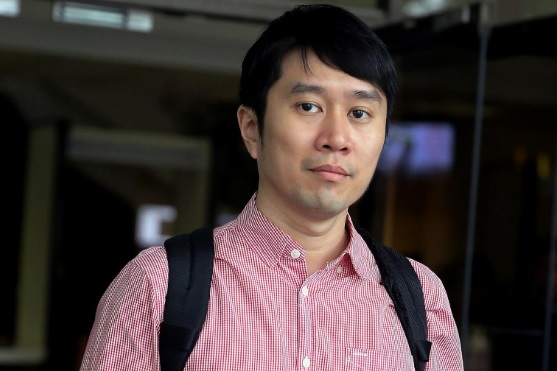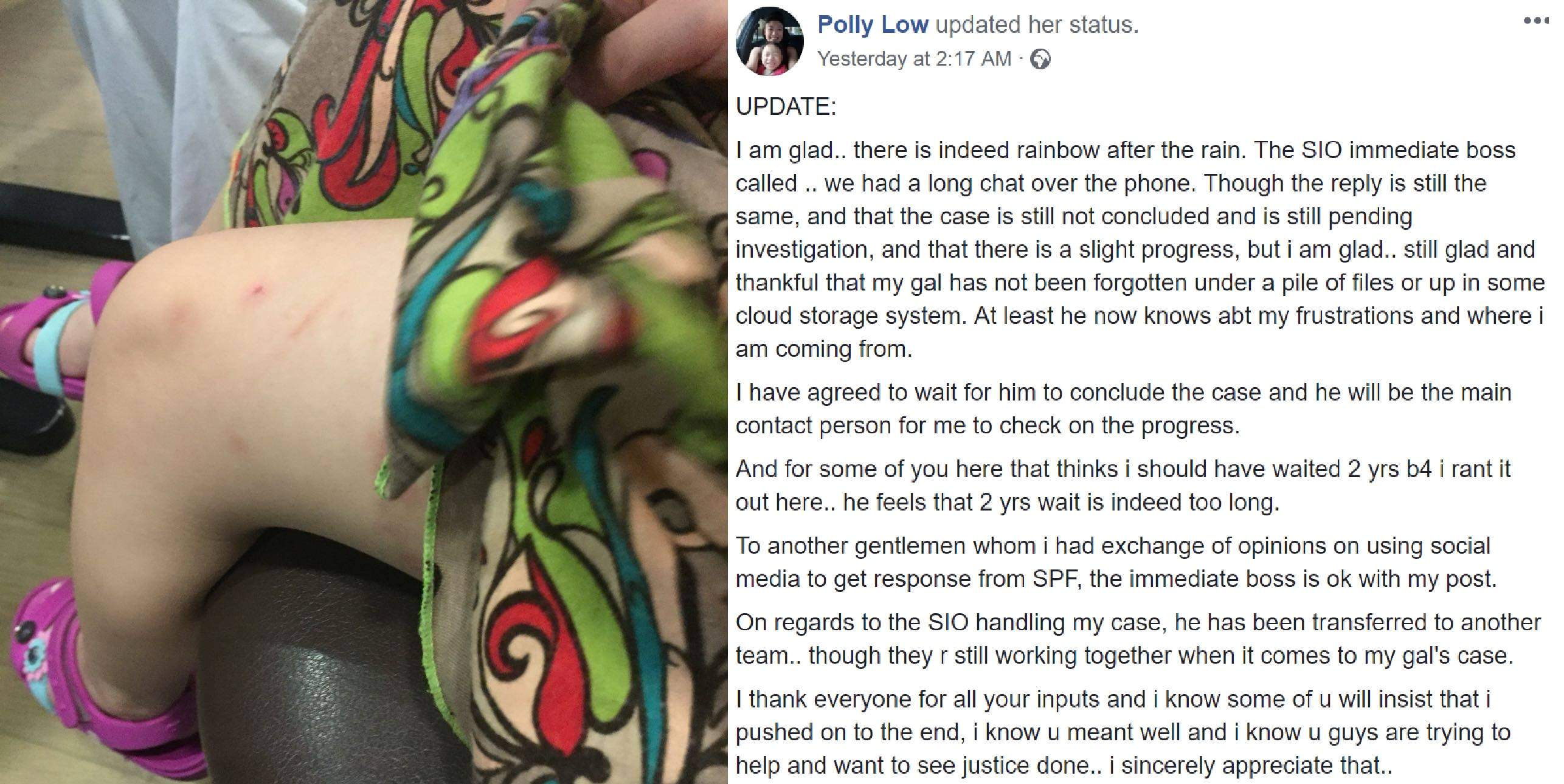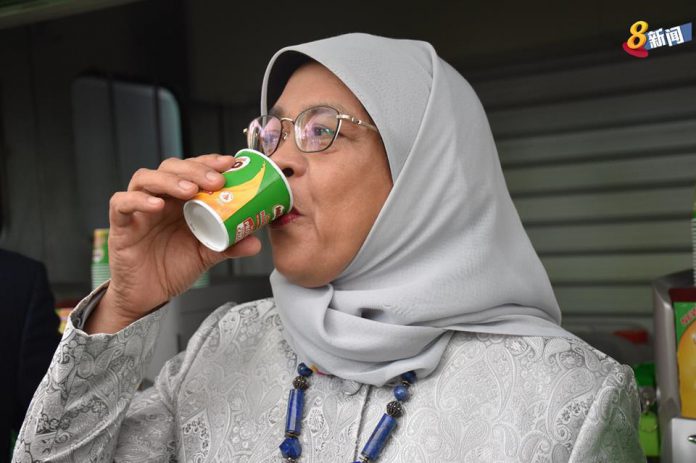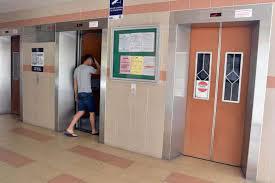In a celebration marking 40 years of the establishment of the Special Assistance Plan (SAP) schools, Education Minister Ong Ye Kung spoke on how the program remains relevant in the context of a growing China. Such schools provided conducive environments for students to immerse themselves in Chinese-school environment.
Can we take the Minister's explanations at face value?
Admittedly, China's influence is expanding and Singapore is facing serious competition from other countries to maintain its relationship and relevance to China. It is not merely a social exercise. There are economic and political elements to this relationship as well.
This, however, cannot come at a cost to our social fabric. We are consciously creating a group that are in-tuned with China, but have very little idea about the culture, traditions, and practices of their neighbours here in Singapore.
If we are really serious about creating an inclusive Singapore, why do such SAP schools exists? How many students from the minority races study in these SAP schools?
Such immersive programs must be open to Singaporean students of any race or religion, in any schools in Singapore, as long as they have an interest in the language and culture. By having the programs in all schools, students in the program are still exposed to people from other race, religious, or economic backgrounds.
Through these programs, students in the same schools not in the program will have the opportunity to be exposed to the language and culture, unlike what is happening now.
For our own interests, it is imperative to continue to engage China. Nevertheless, the SAP school is not the answer to this.
The writer, Faith, doesn't feel special.
